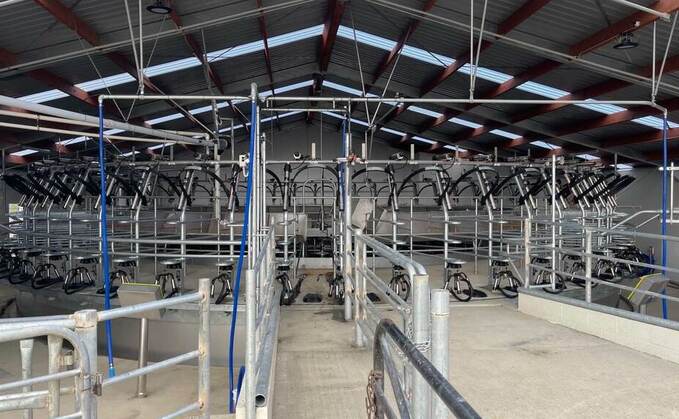
Waikato Milking Systems believes it is research and development which has enabled the business to help farmers meet the challenges of the dairy industry for more than 50 years. A leading manufacturer...

Waikato Milking Systems believes it is research and development which has enabled the business to help farmers meet the challenges of the dairy industry for more than 50 years. A leading manufacturer...
PEDIGREE HEREFORD AND ANGUS BULLS FOR SALE